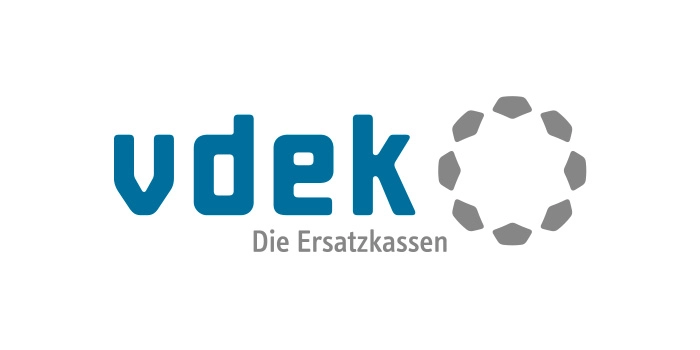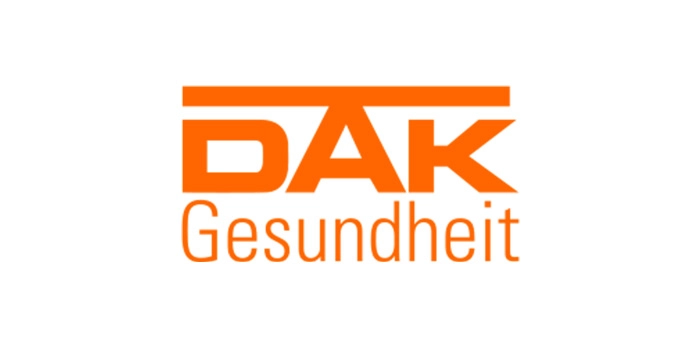What about today's hot topics, such as artificial intelligence? Will they also benefit?
Yes, of course. Learning neural networks is nothing more than a highly complex optimization task on a very large range of variables. One of the central problems in machine learning is to keep the learning phase reasonably manageable – think of the learning of an autonomously driving vehicle that has to make a wide variety of decisions independently depending on the traffic situation. In the meantime, there are dedicated research activities that deal precisely with how the learning phase can be significantly sped up with the help of quantum computing.
You said in the first part of the interview that quantum computing does not directly provide “the right” solution, but only with a certain probability. Isn't that a massive disadvantage?
Well, first of all, it is an intrinsic property of quantum computing and one of the reasons why quantum computing will certainly not revolutionize today's office applications. But for the problems mentioned, the advantage of parallelism far outweighs the disadvantages once a certain threshold has been reached.
However, the element of randomness is also a highly interesting feature of quantum computing, which even becomes an advantage in some applications. I’m thinking in particular of simulation calculations, for example for material deformation, molecular dynamics, traffic flows, financial markets, weather and climate, and much more. With our traditional simulation methods, there is often the problem that our “deterministic” computers do not know any real random numbers, but have to calculate them with the help of more or less suitable algorithms. These pseudo-random numbers can massively distort the simulation results. In quantum computing, on the other hand, we have real random numbers at our disposal, which are not predictable in any way – a great advantage in such simulation calculations (which, by the way, can also be very complex again, with countless variables and relationships, in other words the ideal type of problems for quantum computers).
















